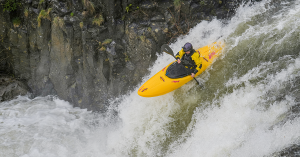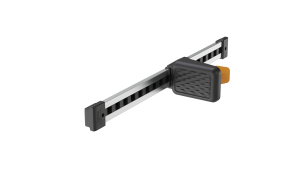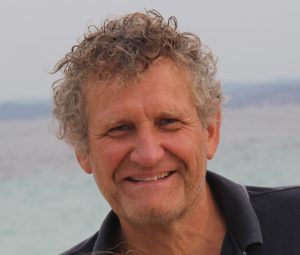
This autumn, long-time water sports market leader Bic Sport announced a name change, ending a 40-year brand identity in the fields of water and paddlesports. The new company, Tahe, will carry forward the legacy Bic Sport began in the 1980s, with the same roots, values, and culture. We met Tahe’s new communication/marketing manager and industry veteran Benoit Treguilly to discuss the change and what the future has in store.
Paddler’s Guide Mag: Benoit, the first question that comes to mind is, why change the name of a company that is a leader in its field and is synonymous with innovation, leadership, and quality?
Benoit Treguilly: As you probably know, we left the BIC Group two years ago and have been operating under a License Agreement for the BIC Sport brand during this time. At the end of this year, the License Agreement came to an end, so we decided to create a new brand name that would continue to express the values that have always underpinned our success. Millions of people worldwide have enjoyed using a BIC Sport windsurfer, surfboard, SUP, or kayak. Understandably, there will be some nostalgia for the old BIC Sport brand, but this is a new chapter for the company and for board sports in general. Plus, the old boards and kayaks will probably now acquire collector value!
“An essential element of our brand is that our products are made and engineered in France in an environmentally responsible manner.“
PGM: What will this new era look like for Tahe? Will you be changing your strategy or continuing to build on what you’ve spent 40 years creating?
BT: TAHE will keep the same values as BIC Sport: Reliability, accessibility, simplicity, modernity. An essential element of our brand is that our products are made and engineered in France in an environmentally responsible manner. We are retaining our production facility at Vannes in Brittany (West of France). However, the transition to the TAHE Brand should provide us with more opportunities in terms of products, branding, sales, and marketing that, in some cases, were not possible with BIC.
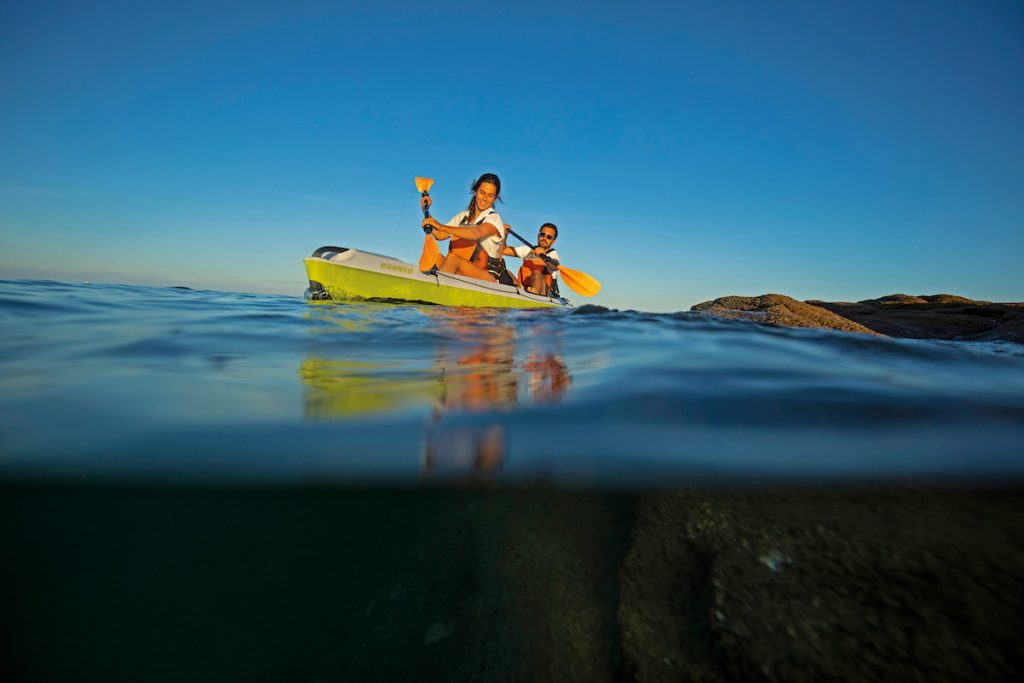
PGM: Kayak and Stand Up Paddle are your core paddlesport markets. What other segments does Tahe Outdoors cover? Will you be altering your existing portfolio of activities?
BT: Tahe Outdoors is also committed to windsurf (as we have been since 1979), surf (since 1994), and O’pen Skiff, our sailing dinghy for youth and junior sailors (since 2006). We will continue promoting and developing these activities, which are all very important for the company. In 2021-2022 there should also be an opportunity to further develop and diversify into Wing Foiling.
“Manufacturing in Europe, one of the world’s largest watersports markets, gives us serious advantages in terms of technology and reactivity.“
PGM: Tell us about the other paddle brands in the group: Egalis, Robson, Zegul, SIC, Oxbow. All are now a part of Tahe Outdoors. How do you see these brands functioning together?
BT: Moving forward, there will be three primary brands at the Tahe Outdoors Group. TAHE, the entry-level and recreational brand replacing BIC Sport, in all the different product categories covered today. SIC covers the elite & performance market sector in SUP, surf, and foil, and ZEGUL, which focuses on advanced to elite composite touring kayaks made in Estonia. All of our accessories (Robson, Artistic, etc.) will be streamlined within these premium brands. EGALIS will continue to focus primarily on the rental markets, while the OXBOW license will continue to build its brand identity of French waterman-inspired SUP & surf boards.
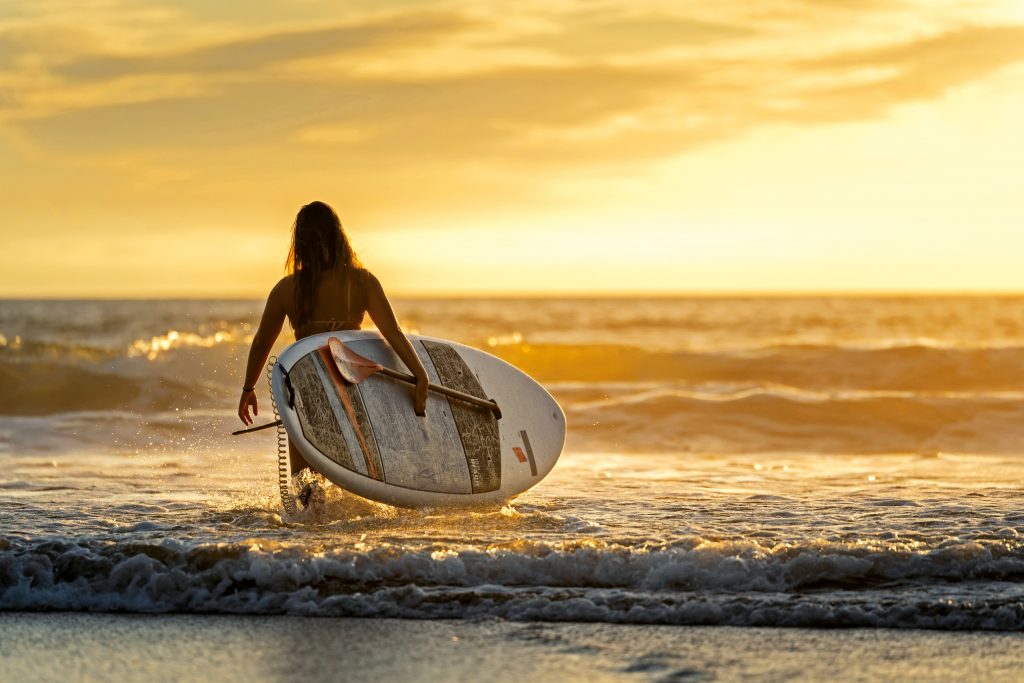
PGM: You have been manufacturing in France since the company started. In what way is this beneficial? Has it provided any additional advantage during this COVID year?
BT: Manufacturing in France has been part of our company DNA from day one. Having our production based in Europe/France is an important asset and advantage for TAHE, given that all our competitors’ production happens in Asia. Manufacturing in Europe, one of the world’s largest watersports markets, gives us serious advantages in terms of technology and reactivity. Additionally, our manufacturing processes are much more respectful of the environment. Our reactivity was a significant advantage in 2020, as it enabled us to respond very quickly to consumer demand, which, contrary to expectation, was extremely strong once the COVID lockdowns eased in May.
“Reducing the energy required to manufacture every product and recycling our production off-cuts have always been core objectives of our industrial process.”
PGM: As part of being more environmentally friendly, it’s also an advantage in terms of carbon footprint?
BT: Absolutely. The vast majority of our boards are made here in France, then exported to almost 90 countries worldwide, requiring much less transportation than boards manufactured in Asia, which are mostly shipped back to Europe before being re-exported. More and more of our clients are sensitive to these environmental issues. In terms of importation, having all our products made in France eliminates the time-consuming and costly logistics of transport from Asia that are particularly important at the start of the season.
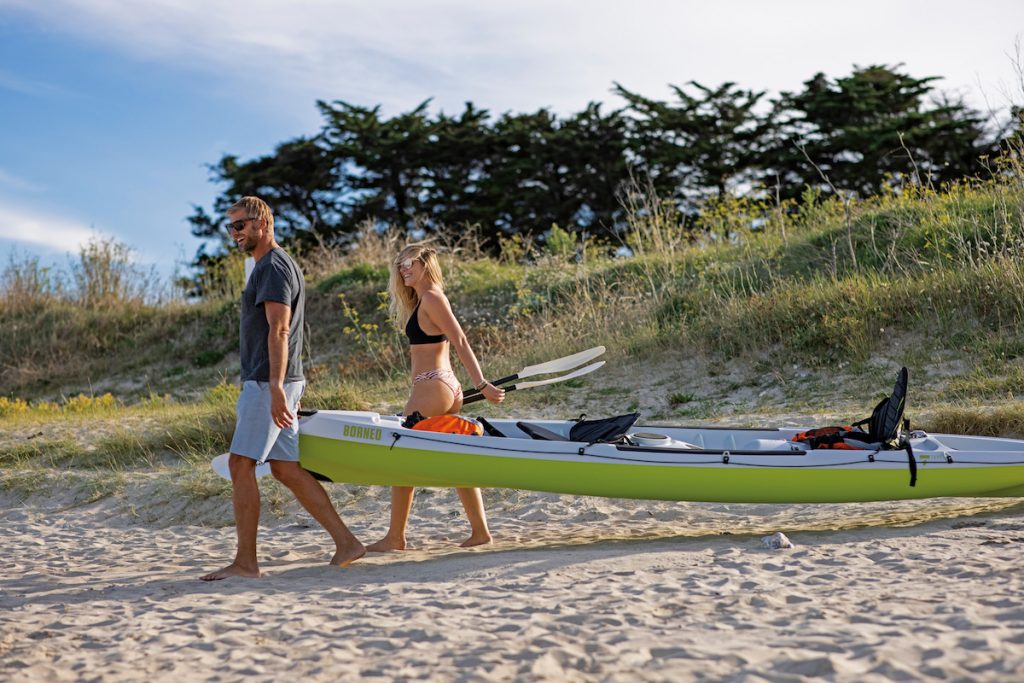
PGM: BIC Sport (now Tahe Outdoors) also has a very long history of recycling its waste and off-cuts, for environmental concerns and reasons, of course, but are there also economic advantages?
BT: Yes, we’ve always recycled our manufacturing off-cuts. To minimize our production rejects and stay competitive with companies manufacturing in Asia, we pay special attention to the supply and optimization of the base materials we use. Reducing the energy required to manufacture every product and recycling our production off-cuts have always been core objectives of our industrial process.
PGM: Does that present any difficulties in terms of production costs and regulations? How do you stay competitive, given the additional costs?
BT: Despite working with much stricter regulations and higher employment costs, we manage to stay competitive because we’ve invested heavily in high-performance industrial equipment and in our skilled, motivated workforce, which enables us to manufacture with higher quality-control over our products, and much more quickly than in Asia. We’re the only company in the world to have invested in so much thermoforming manufacture technology, which gives us much more flexibility in optimizing our product ranges to suit the different activities and usage.
“Aside from the structural improvements, it also means the products are 100% recyclable.”
PGM: We also heard about your new production process, which makes your products fully recyclable by creating a never-ending “clean,” virtuous circle. Can you tell us more? How does this work?
BT: That’s right. Three years ago, we launched our TOUGH TEC process, using a polyethylene skin wrapped around a polystyrene slab, which has replaced the older polyurethane slab construction that was less durable and more pollutant. Aside from the structural improvements, it also means the products are 100% recyclable. We’ve also developed a machine that can separate the polyethylene from the polystyrene, which allows us to recycle any production rejects to be re-used in the following production cycle. It’s a process that could certainly be described as a virtuous circle.
PGM: Do you foresee any major changes to the Tahe strategy in the next 10-20 years? Are there any other acquisition processes still continuing?
BT: There are some further business acquisition activities at a higher level involving the KJK Sports group, who already have successful brands such as Elan skis and Elan yachts, Core Kites, SIC, TAHE, Zegul, plus a range of bicycle brands like Baltik Vairas, Panther, and Oryx under their umbrella. The group currently has an annual turnover of nearly 300 million euros and employs 3000 people across Europe. In a few short years, KJK has become a major player in the outdoor activities market.
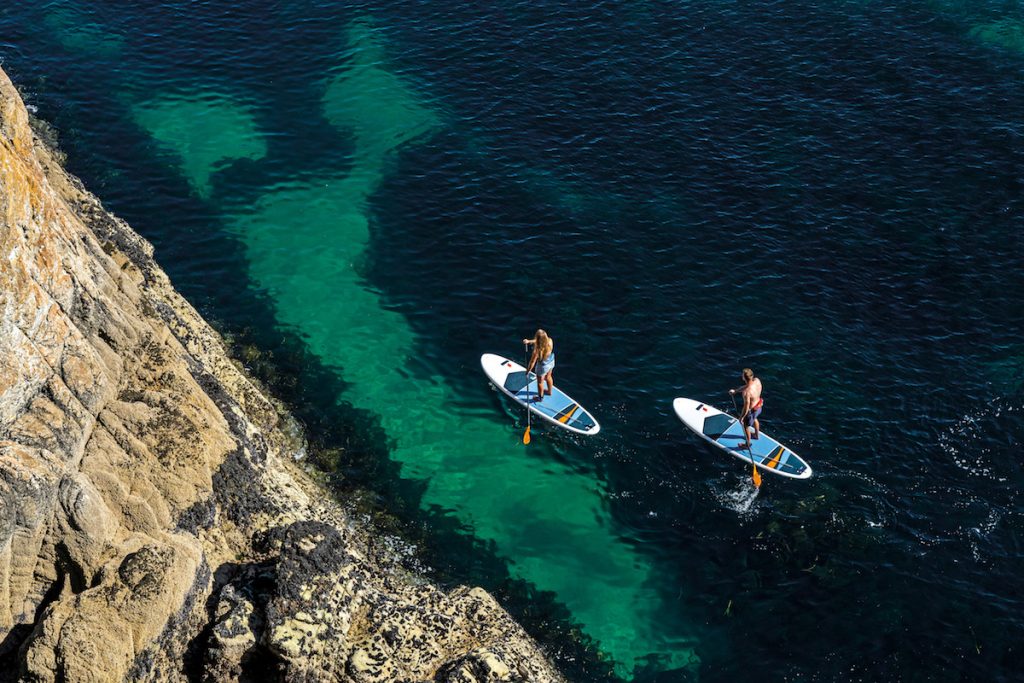
PGM: You’ve recently placed a greater focus on the inflatable market. What’s behind this strategic decision? What do you hope to achieve in this sector?
BT: We’ve been a bit reticent about this sector historically. It didn’t figure prominently in our strategy because it meant manufacturing in China, the only country where the processes exist. Nowadays, despite strong demand for our existing rigid products, there’s an increasing demand for inflatables that we need to respond to. Storing a four-meter board or boat in a small urban apartment is far from ideal, yet many people in urban environments enjoy paddlesports. We’ve recently invested much more heavily in our inflatable ranges in both high and low-pressure systems. Our aim is always to deliver affordable, high-quality products with maximum durability to avoid the auto-obsolescence and waste that have sadly become the norm for the many entry-level SUP boards that you often find on sale in big/department stores. Yes, these boards help get people out on the water, but many consumers end up disappointed with the products and are lost to the sport and market.
PGM: 2020 brought a lot of newcomers to paddlesports. What is your recipe for keeping these new paddlers on board?
BT: The TAHE brand offers newcomers high-quality products that are easy to use and highly durable, all at an extremely affordable price. These are essential elements for guaranteeing fun from the beginning and encouraging regular usage and outings. Some of our surf, SUP, windsurf boards, and kayaks, manufactured in Vannes, have sold in the millions, with similar numbers of newcomers enjoying the fun sensations of board and paddle sports. Proof that it’s an excellent recipe for success!
PGM: What do you take away from the past year? What does it say for the future of paddlesports?
BT: The 2020 season was a great one for the industry and proved that people are increasingly keen on outdoor activities and water sports. Paddlesports are very much at the heart of this. They’re easy to get into, and for many people, they’re the first point of contact with board and water sports. Kayak and SUP are much easier to learn than windsurfing, for example, and you can enjoy them from your first time out on the water. It’s a powerful market trend that seems certain to grow and develop over a long period.
PGM: After a year’s hiatus, the International Paddle Sports Show is also starting a new chapter in Lyon, France, for 2021. Any thoughts?
BT: It’s great news that the Paddle Sports Show is starting up again. Even though there has been a kind of “virtual” show during the pandemic period, on a professional level, it’s vitally important to be able to meet in person, share ideas, and see all the new products at this kind of event. Lyon has excellent transport connections, and I’ve no doubt that most northern European manufacturers will be there.
Article published in the 2021 Paddler’s Guide.

